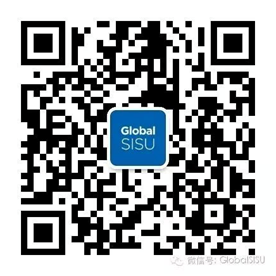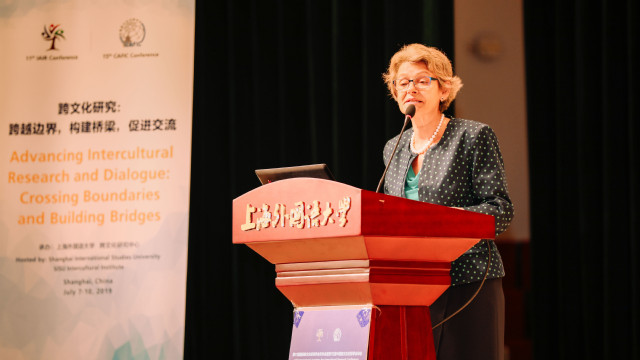
Former director-general of UNESCO Irina Bokova speaking
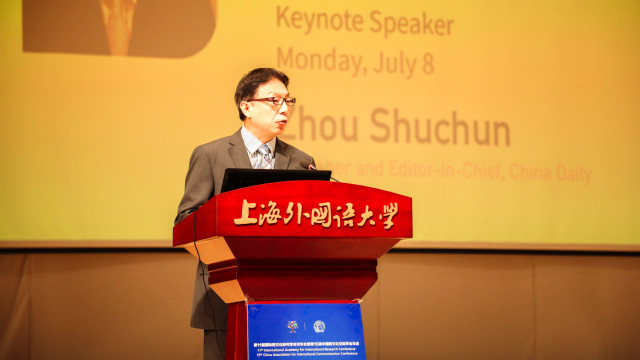
Editor-in-chief of China Daily Zhou Shuchun speaking
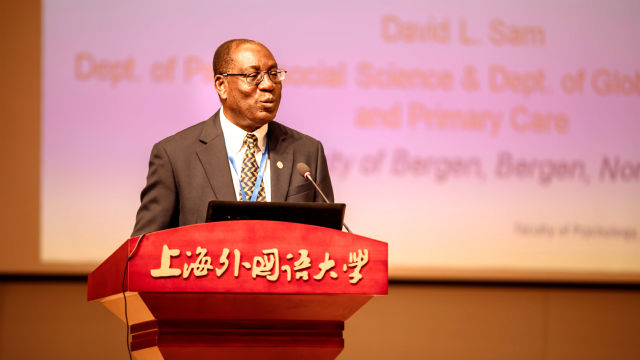
President of IAIR Prof. David L. Sam speaking
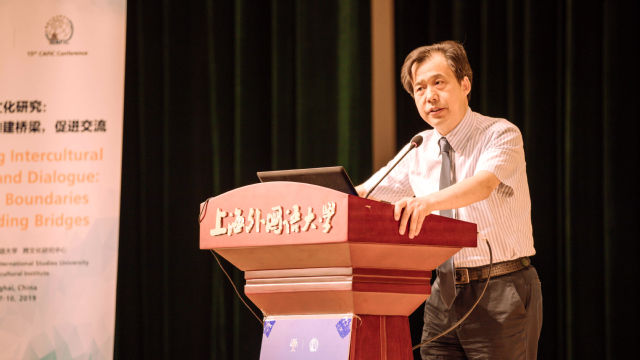
President of CAFIC Prof. Sun Youzhong speaking
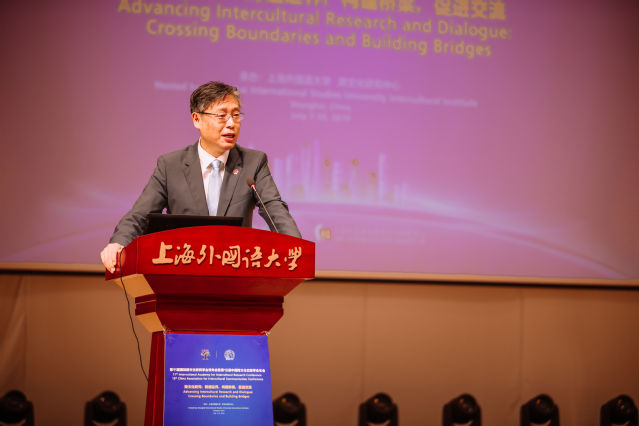
Council chair of SISU Jiang Feng speaking
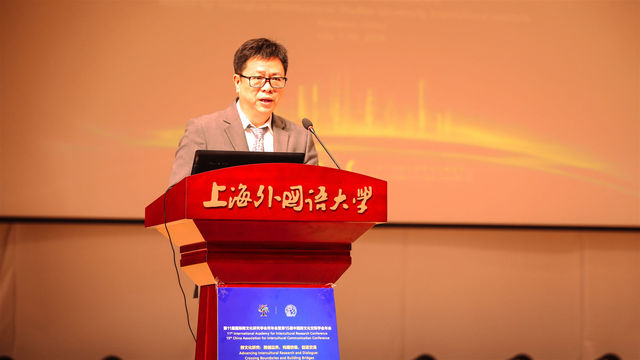
President of SISU Li Yansong hosting
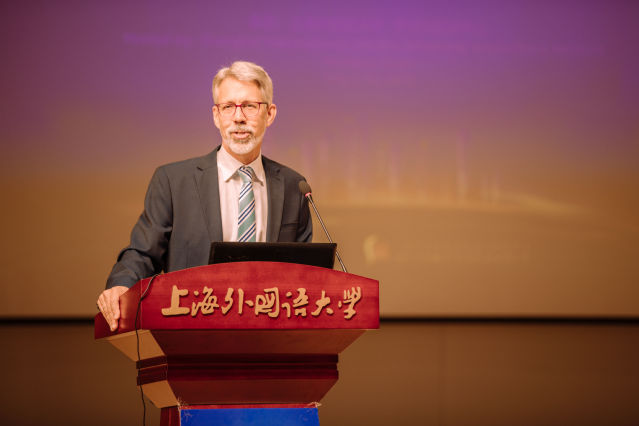
Director of the SISU Intercultural Institute Steve Kulich hosting
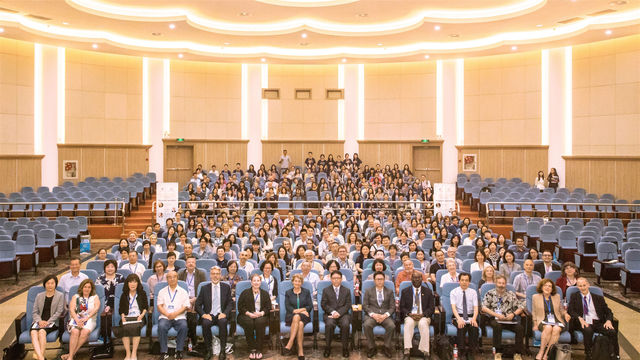
Group Photo
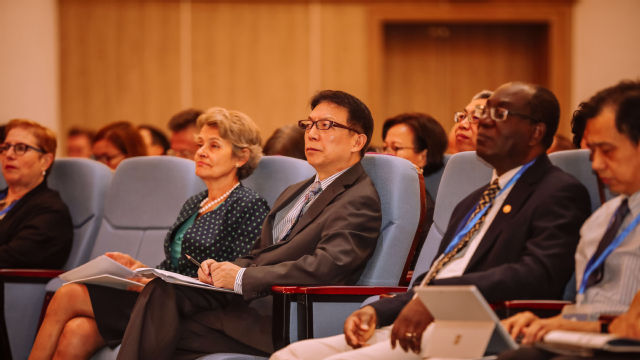
The confernece
Conflicts of all kinds on the global stage have heightened the need for intercultural communication, an instrument that can help focus on common interests and promote the formation of core values, said experts at a conference.
Conflict begins when dialogue ceases, so we must recognize the equal dignity of all peoples and engage in dialogue based on respect, a willingness to listen, curiosity about others and understanding and empathy, said Irina Bokova, UNESCO’s director-general from 2009 to 2017.
“We must counter any movement toward isolationism by renewing respect toward other cultures,” Bokova said at the 11th International Academy for Intercultural Research(IAIR) Biennial Conference and the 15th China Association for Intercultural Communication(CAFIC) Annual Conference on Monday in Shanghai.
Zhou Shuchun, publisher and editor-in-chief of China Daily, said in his keynote speech, “Economic globalization represents an irreversible trend, and attempts at dismantling the globalized world are harmful and won’t get far.
“While the real problems or contradictions of the world are not between civilizations, we need to take a cultural perspective and promote civilizational dialogue with a view to reassuring the orientation of human progress,” Zhou said.
Experts and scholars agreed on the need to understand and know about others, and they said solutions come through education.
Bokova said that the Belt and Road Initiative provides a vehicle for dialogue as well as cultural and educational exchanges that move all parties toward inclusive and sustainable development.
“This is an embodiment of intercultural communication that can help navigate across cultures and languages to help us find joint solutions to challenges that affect every society today,” she said at the joint conference that brought together 280 scholars from 25 countries and regions.
It was the first time that the biennial conference was held in China. The conference was themed “Advancing Intercultural Research and Dialogue: Crossing Boundaries and Building Bridges” and was hosted by Shanghai International Studies University and organized by the school’s Intercultural Institute.
Jiang Feng, Party secretary of the university, said that as one of the leading institutions for intercultural research in China, the school endeavors to promote substantial international collaboration on key global challenges and hopes that joint academic efforts can contribute to a shared future for humanity.



